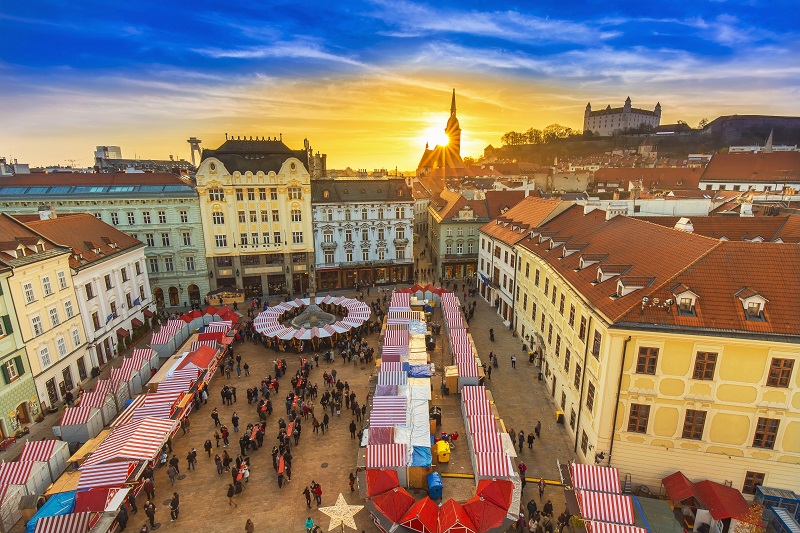For centuries, economics has been known as the “dismal science”. The term was supposedly coined by the Scottish writer Thomas Carlyle in response to Thomas Malthus’ gloomy prediction that population growth would result in starvation and misery. Yet, there is another possibility. According to some scholars, Carlyle was reacting to the English philosopher John Stuart Mill, “who argued that institutions, not race, explained why some nations were rich and others poor.” Carlyle, in other words, attacked Mill for advocating in favour of slave emancipation.
If institutional economics is little known to the general public, it is because the building of progress-enhancing institutions is a difficult task. Any economist can show that free trade leads to cheaper and more varied goods, but there is no blueprint for “building” a society that respects the rule of law. That vital ingredient, including an impartial judiciary and respect for property rights, does not emerge from edicts promulgated by democratically elected parliaments and enforced by politicians, policemen and judges. It emerges slowly and incrementally from shifts in cultural norms and popular expectations.
The Nobel Prize-winning economist Douglass North showed that changing institutions, including the evolution of constitutions, laws, and property rights, were instrumental to sustained economic development. I was reminded of the importance of institutional development as I observed the changes happening in ex-communist countries in general and Slovakia in particular over the last 30 years.
The road toward sound institutions hasn’t been easy, but with the election of Zuzana Caputova to the presidency on March 30, Slovakia’s institutional improvement may have reached a point of no return.
When my family emigrated from Czechoslovakia in 1992, Slovakia was on the cusp of self-determination. Today, it is generally recognised that the country was unprepared for independence either economically or politically. Much of its industrial base was devoted to producing antiquated weaponry for the Soviet bloc and many of its most qualified bureaucrats opted to remain in Prague. Compounding the problems of the nascent country was a culture favouring strong-men cum messiahs, who would, so the theory went, make the country’s problems disappear. What followed was, with a couple of exceptions, a succession of bad governments.
First came Prime Minister Vladimir Meciar (1992-1998) who presided over an orgy of corruption, exhibited increasingly authoritarian behaviour toward the opposition and, finally, brought about an economic crisis that ended his premiership. A relatively benign government between 1998 and 2002 stabilised the economy and set the stage for Slovakia’s entry into the North Atlantic Treaty Organisation and the European Union. The halcyon years between 2002 and 2006 followed, with much-needed economic reforms undertaken by Prime Minister Mikulas Dzurinda culminating in a miraculous 11 per cent GDP growth in 2007.
Unfortunately, government’s corruption scandals and skilful demagoguery on the part of the opposition brought to power a man who has dominated Slovak politics since 2006. Robert Fico, who ran the Slovak government, with one short interruption, between 2006 and 2018

